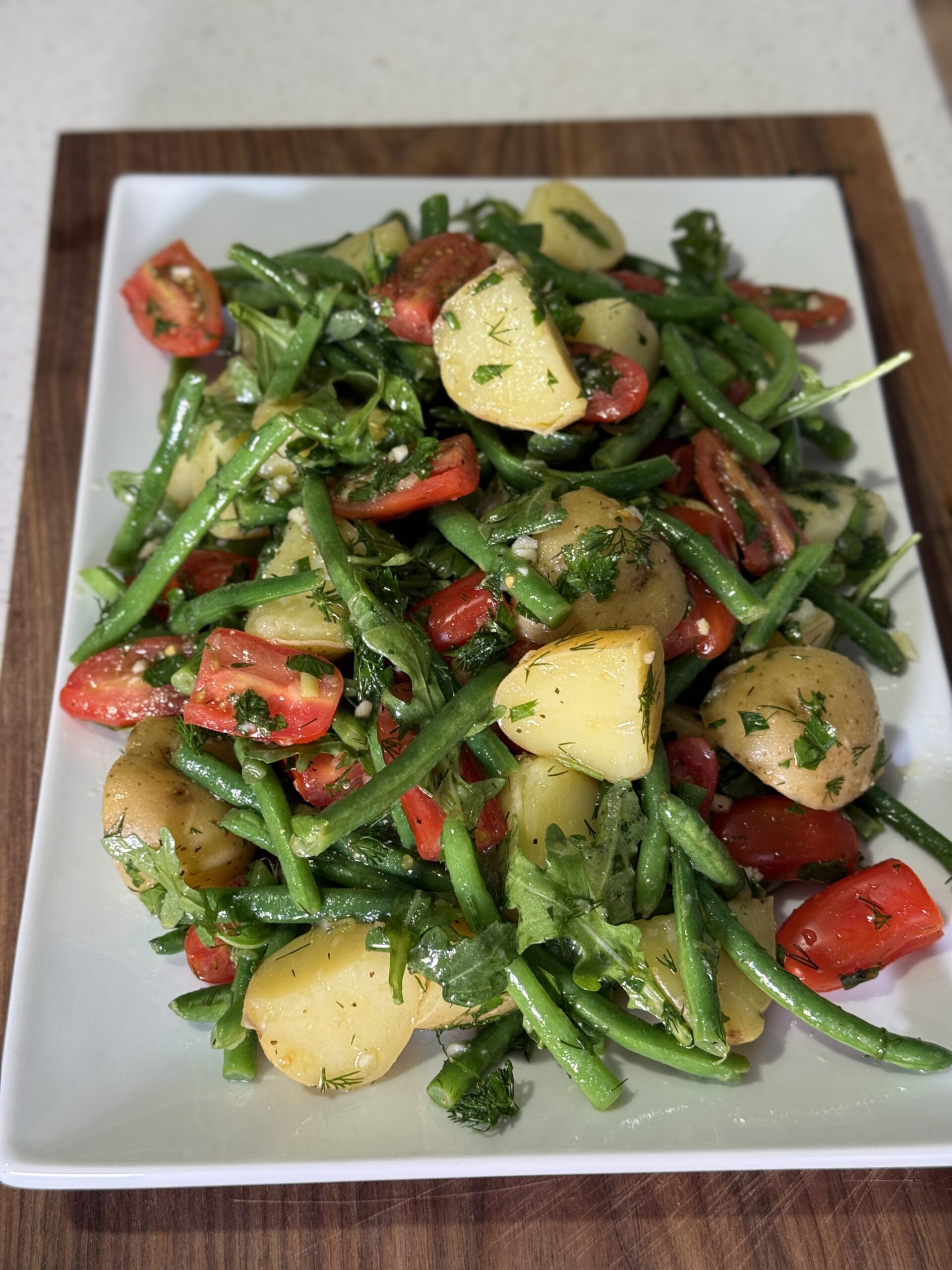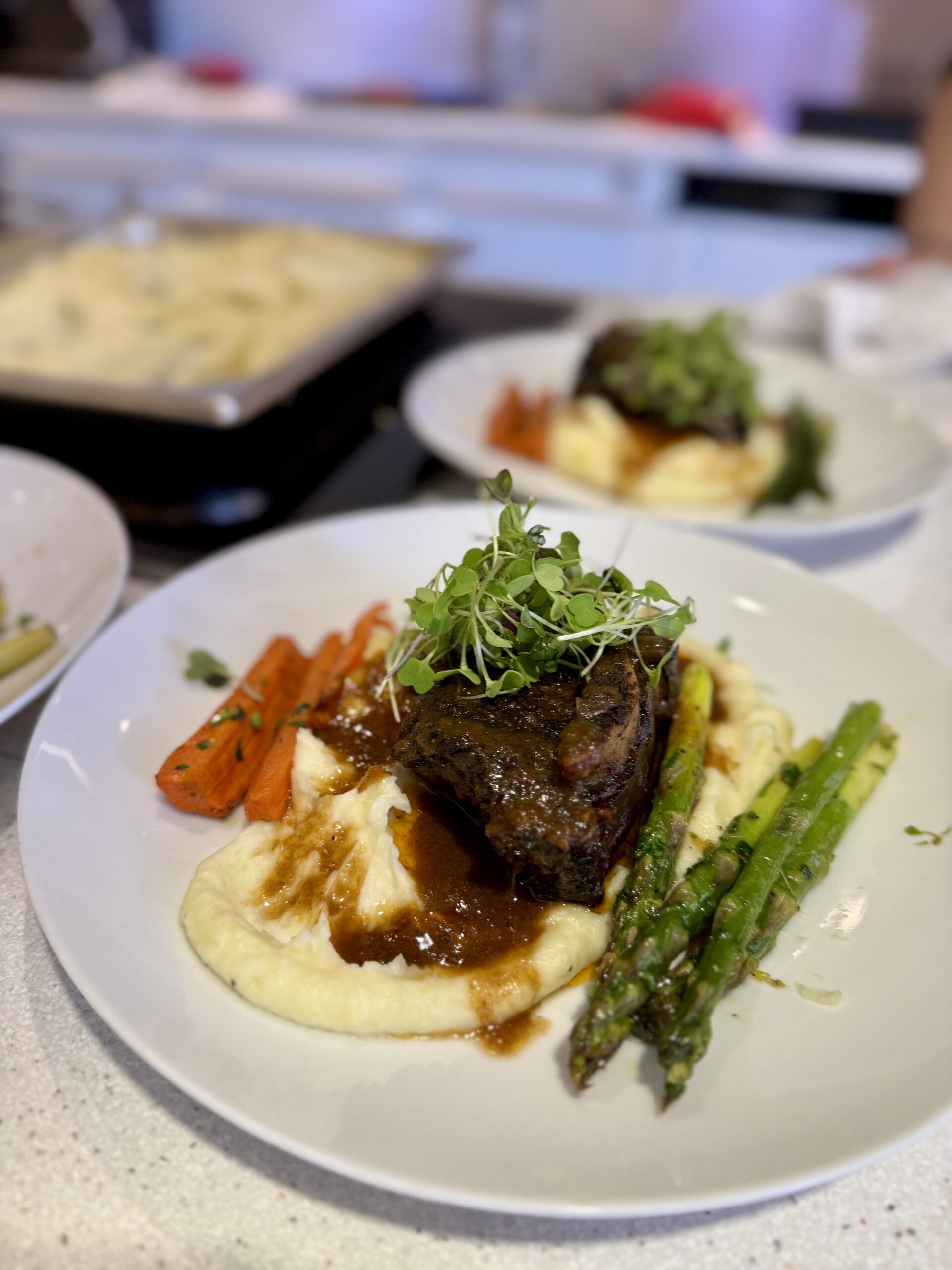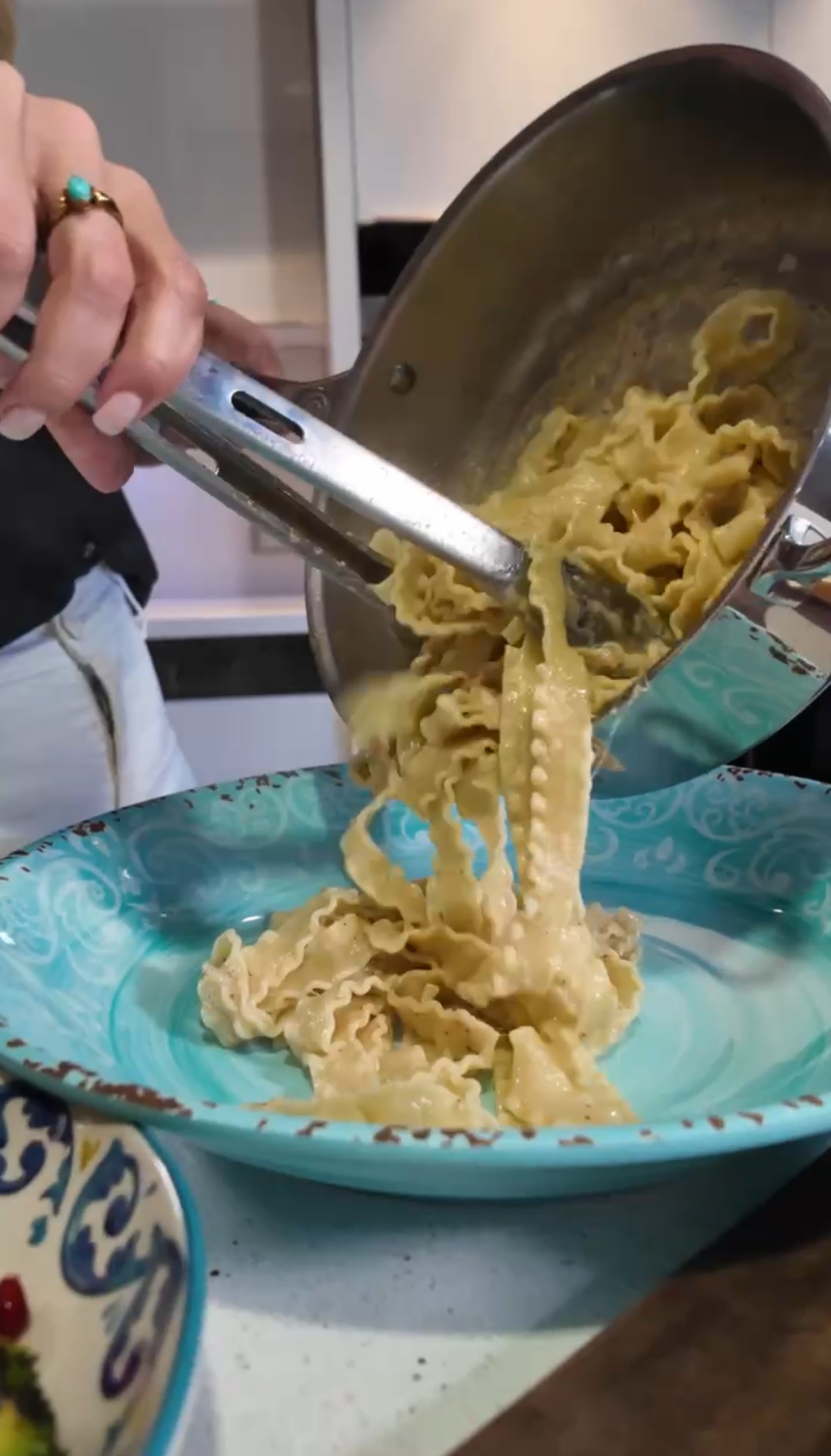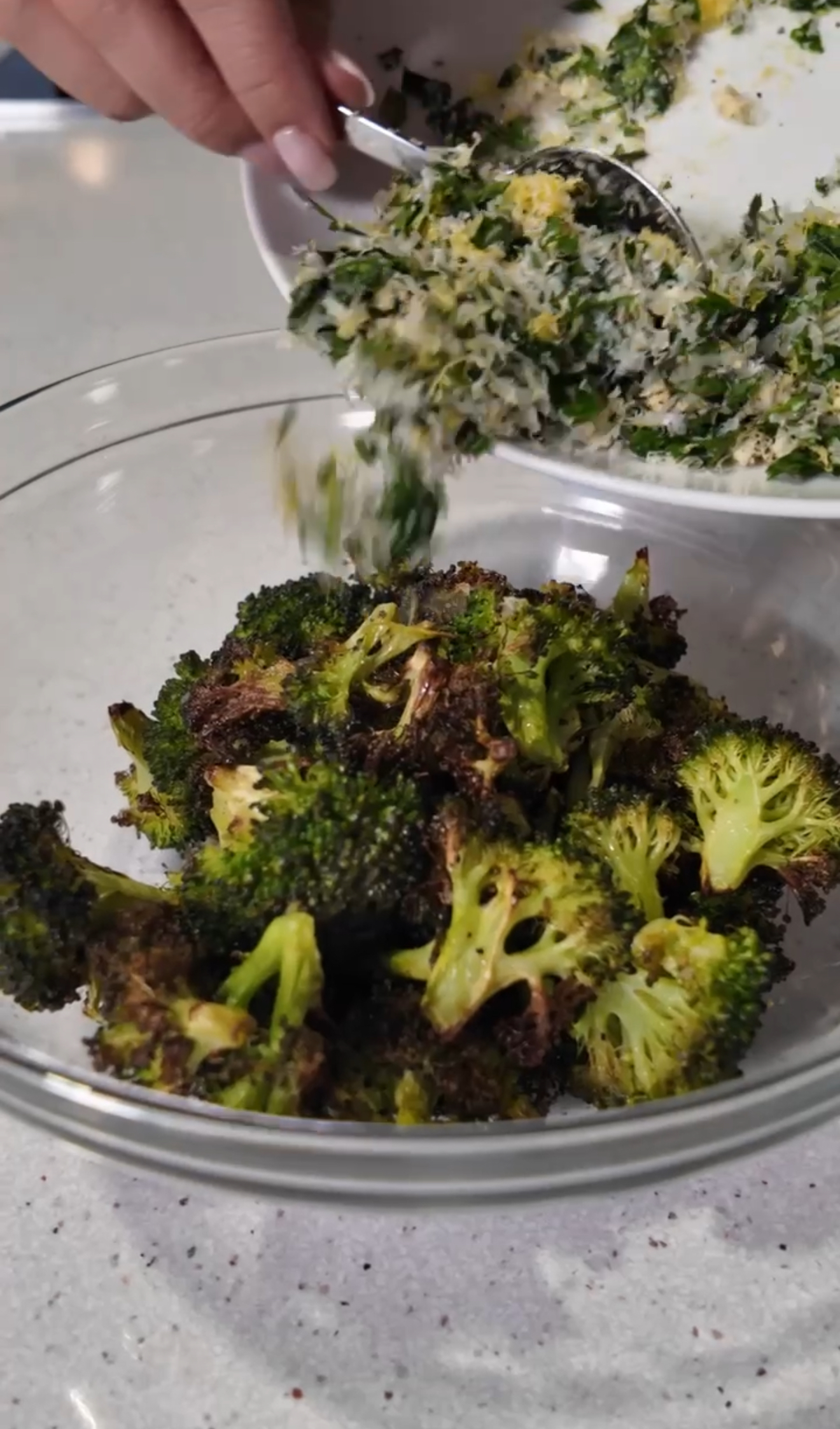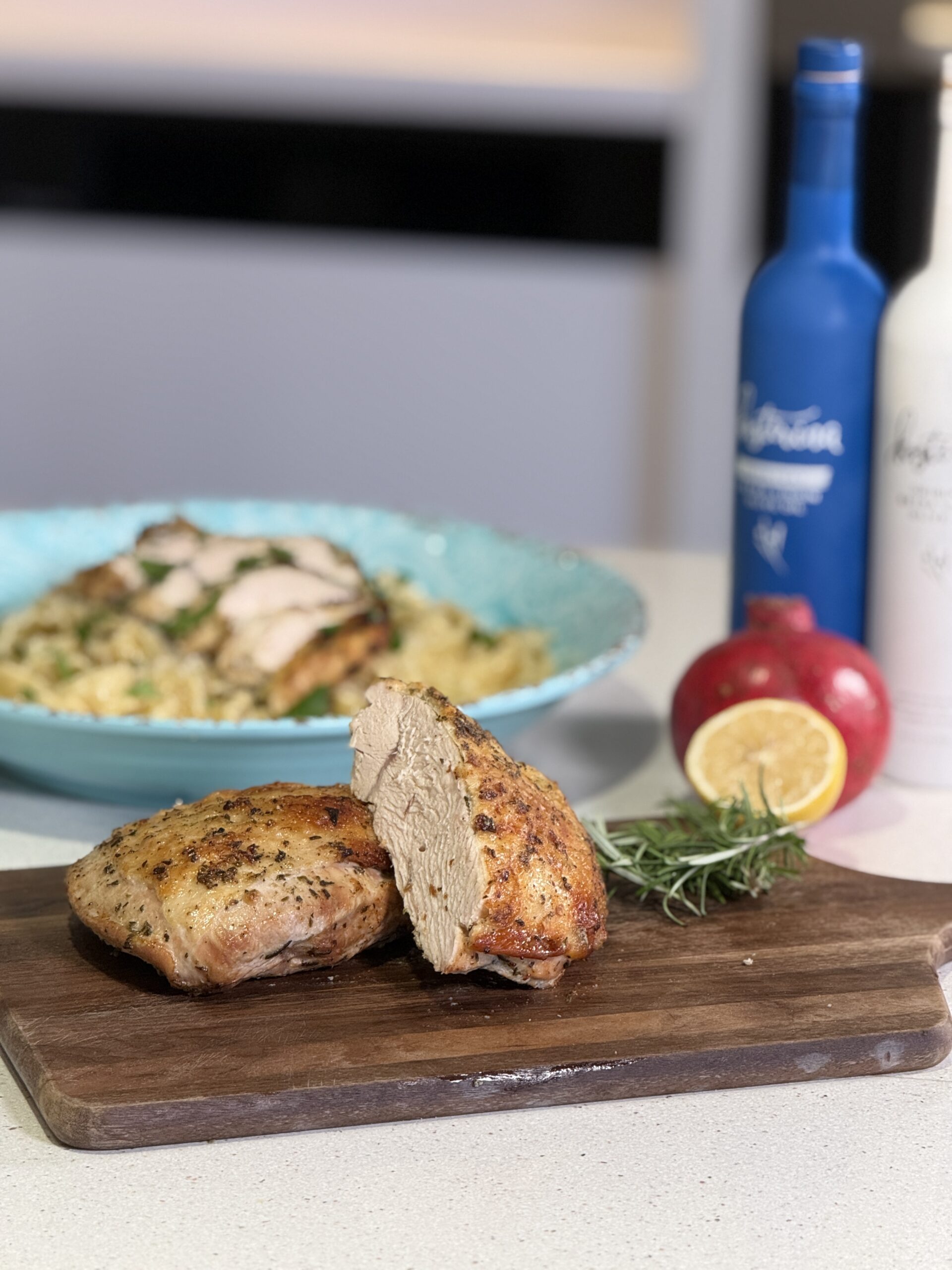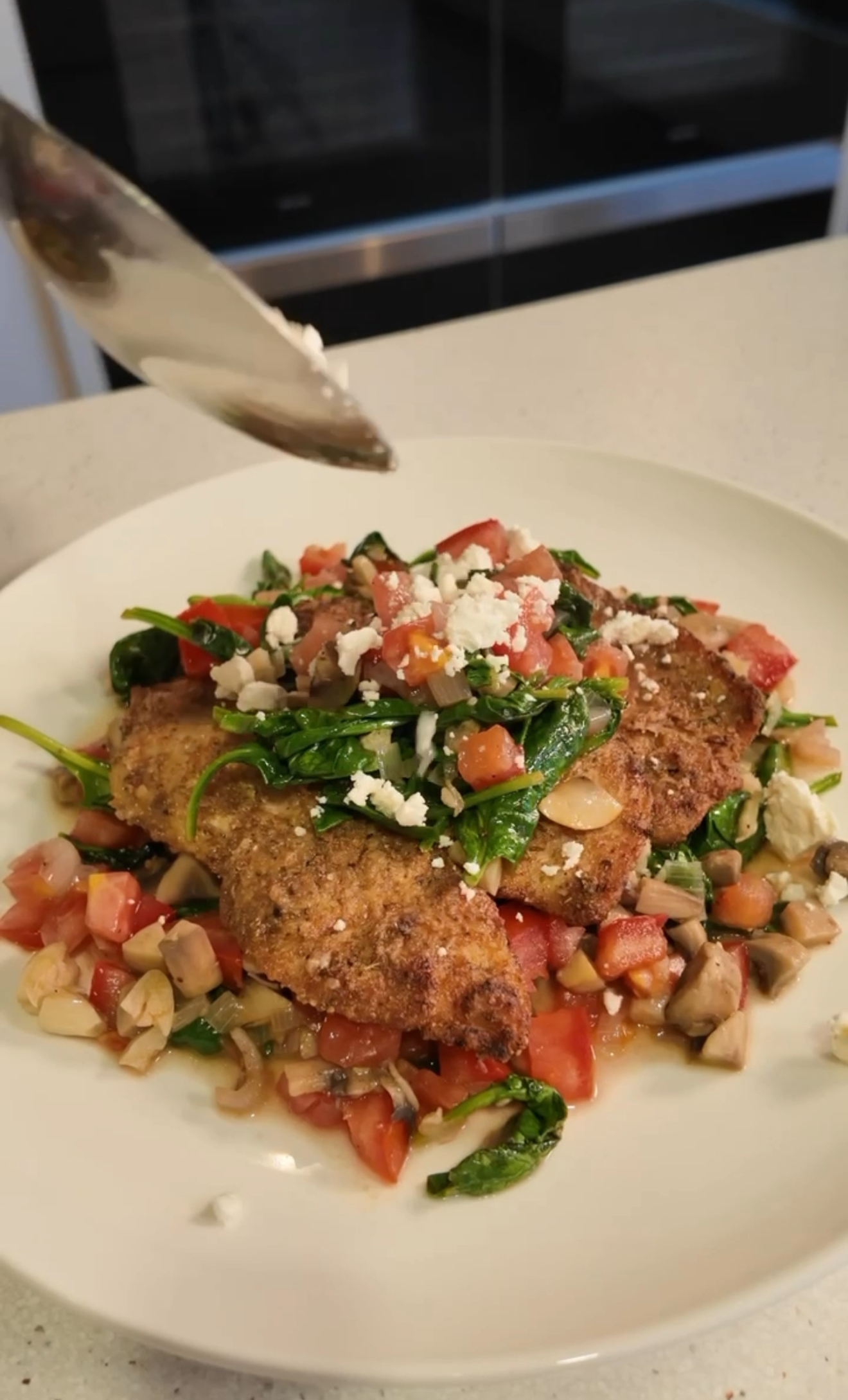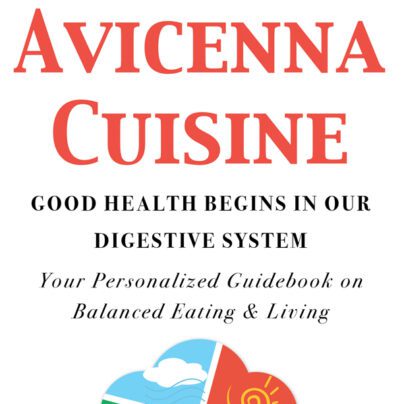
Starting a healthier lifestyle can feel both exciting and overwhelming. The Mediterranean diet is a great place to begin if you’re searching for an enjoyable and sustainable way to eat. This 7-day meal plan offers a simple, stress-free introduction with a detailed food list to help you ease into the Mediterranean way of eating and enjoy its many health benefits.
Introduction to the Mediterranean Diet


What is the Mediterranean Diet?
The Mediterranean diet isn’t just a way of eating—it’s a simple, enjoyable lifestyle inspired by the traditional diets of countries along the Mediterranean Sea. It celebrates variety and abundance, encouraging a wide range of nutrient-rich foods. You’ll find a rich tapestry of plant-based foods like fruits, vegetables, whole grains, legumes, and healthy fats. You’ll also find moderate amounts of fish, poultry, and dairy like Greek yogurt and feta cheese, while red meat and added sugars are enjoyed only occasionally. This balanced approach makes the Mediterranean diet a journey of exciting culinary experiences that is easy for long-term health.
Benefits of the Mediterranean Diet
The Mediterranean diet is renowned for its extensive array of proven health benefits. Research indicates that it can significantly reduce the risk of heart disease and type 2 diabetes. It is frequently recommended as an excellent starting point for those new to healthy eating—it is naturally low in saturated fat and rich in essential nutrients. This dietary approach is also associated with improved brain health, more effective weight management, and increased longevity. The Mediterranean diet promotes overall well-being and heart health by emphasizing fresh fruits, vegetables, and healthy fats. For tailored guidance, consulting with a dietitian can help you maximize the advantages of this healthy lifestyle.
How to Get Started with a Mediterranean Diet Meal Plan
Starting a 7-day Mediterranean diet meal plan is easier than you think. Begin by stocking your kitchen with the essential food list items: plenty of fruits and vegetables, whole grains, legumes, nuts, seeds, and extra virgin olive oil. Incorporate herbs and spices like parsley and oregano to add flavor without relying on salt or processed seasonings. Consider options like a serving of Greek yogurt with fresh fruit and a sprinkle of almonds, or a vegetable frittata for breakfast. For lunch, a serving of lentil soup or a chickpea salad. Dinner might consist of a serving of baked fish with roasted vegetables and a serving of whole grain couscous. A 7-day Mediterranean diet plan offers a structured yet flexible guide to the Mediterranean diet, making it an excellent meal plan for beginners. You can find numerous Mediterranean recipes online to inspire your cooking.
7 Day Mediterranean Diet Meal Plan Overview


Structure of the Meal Plan
Our 7-day Mediterranean diet meal plan is designed to ease you into a heart-healthy way of eating. The 7-day meal plan is balanced, ensuring you receive essential nutrients daily. Each day’s menu includes suggestions for breakfast, lunch, dinner, and snacks, all carefully crafted to align with the principles of the Mediterranean diet. You will find the Mediterranean diet doesn’t mean you have to sacrifice flavor or satisfaction. You will enjoy delicious and nutritious meals that are simple to prepare and packed with fresh, vibrant ingredients that characterize the Mediterranean diet. The structure of this sample meal plan promotes consistency, making it easier to follow the Mediterranean diet and establish long-term healthy habits.
What are the Main Foods to Eat in a Mediterranean Diet?
We all know that the Mediterranean diet is healthy, but do you know which foods are the mainstay of this eating style? Keep reading to find out the key ingredients of a Mediterranean diet, and how you can work them into your own meals.
- The main ingredients of a Mediterranean diet are fruits, vegetables, whole grains, legumes, nuts, and olive oil.
The main components of this diet include a variety of fruits, vegetables, whole grains, legumes, nuts, and olive oil. This combination of ingredients creates nutritious meals that are rich in proteins, vitamins and minerals essential for your health. Additionally, olive oil consists of healthy fatty acids that can help reduce risk factors such as heart disease and high cholesterol. While many people associate Mediterranean cuisine with pricey restaurants or fee-based diets, the truth is that it’s an accessible and versatile way to cook at home if you stick to the basics: fresh fruits and vegetables along with whole grains and legumes. By adopting a Mediterranean diet, you can experience flavorful dishes while keeping up your energy levels and supporting good health.
- Herbs and spices according to your unique temperament: oregano, thyme, basil, garlic, and Za’atar are just a few of the herbs and spices commonly used in Mediterranean cooking.
Mediterranean cooking offers so many delicious flavor combinations – based on their unique properties, some herbs and spices work better for certain temperaments than others. Whether you’re feeling fiery or laid back, there’s something in the Mediterranean cupboard to suit any mood. Oregano is great for giving energy a boost, while thyme can add a calming herbal note to your favorite dishes. Basil is light, uplifting, and makes everything taste extra fresh. The intense flavors of garlic will take center stage when you need an extra energizing kick, but the mix of oregano and cinnamon in Za’atar provides a welcomed balance that may put you back into an even keel. Whatever your temperament might be, there are plenty of herbs and spices out there that you can use to make sure each meal harmony with it.
- Olive oil and olives: olive oil is the primary source of fat in the Mediterranean diet, and olives are often eaten as a snack or used as a flavoring ingredient.


Olive oil and olives are two of the stars of the Mediterranean diet; in fact, olive oil is often referred to as “liquid gold”. Not only does it provide a healthy and tasty source of fat, but it’s also a great addition to salads for added flavor. Olives can be eaten on their own as a snack or used as an ingredient to add a delicious saltiness to dishes such as pies and cakes. Many varieties of olives are now readily available on grocery shelves, making them one of the staple foods that can be part of everyone’s diet.
- Whole grains: bread, pasta, rice, bulgur, couscous, quinoa is what you eat on the Mediterranean Diet.
Whole grains are an incredibly important aspect of the Mediterranean Diet. From bread to pasta to couscous and quinoa, these whole grains pack in flavor along with essential nutrition like fiber and minerals. Rice is certainly the most known grain within this group, but some lesser-known options like bulgur can often be more affordable and still offer plenty of taste. A favorite for many is quinoa, which contains both protein and fiber. So, if you’re looking for a delicious way to eat healthy, consider delving into the whole grains available in Mediterranean cuisine!
- Fish and seafood: salmon, tuna, sardines, shrimp, mussels, and more!
Eating fish and seafood are some of the most enjoyable and wholesome ways we can nourish our bodies. The Mediterranean Diet is especially renowned for its abundant use of healthy, delicious fish and seafood like salmon, tuna, sardines, shrimp, mussels, and more. These types of foods provide us with plenty of omega-3 fatty acids, Vitamin D, calcium, zinc and selenium–all important elements for a balanced diet. Whether served fresh off the grill or gently poached in olive oil, these options make for great side dishes or even entrees in any meal. And the best part is that many of these foods require minimal effort to prepare–a few simple ingredients combined will elevate your favorite recipe from ordinary to extraordinary!
The foods of the Mediterranean Diet are not only delicious and healthy, but also have a fascinating history. All the benefits of this way of eating make it clear why the Mediterranean Diet is one of the most popular diets in the world. If you want to learn more about the ingredients and recipes used in this type of cuisine, leave a comment below with your questions. Our team would be happy to provide more information about the wonderful world of Mediterranean food!
Foods to Limit or Avoid
The Mediterranean diet is about enjoying plenty of wholesome, nutritious foods, but knowing what to cut back on is just as important. Try limiting processed foods, red meat, and added sugars. By focusing on fresh, unprocessed ingredients and steering clear of the less healthy stuff, you’ll get the most out of this way of eating. Not only will your meals be more balanced and satisfying, but you’ll also support your long-term health and well-being.
Day-by-Day Breakdown of the Meal Plan


Breakfast: 2 eggs over medium with feta, cucumber & tomato, and a piece of multi-grain toast w/ labneh, side of fruit, a cup of tea/coffee, and plenty of water.
Snack: Hummus with olives and whole grain pita, smoothie.
Lunch: Open-faced turkey & feta melt on multi-grain bread with olive oil mayo and tomatoes, and plenty of water.
Dinner: Pan-seared Herbed Salmon filets, barley fried rice, sauteed pine nuts, and plenty of water.
Dessert: Sorbet or gelato.
Breakfast: 2 hard boiled/scrambled eggs with toast, tomato, and mashed avocado, side of fruit, cup of tea/coffee, and plenty of water.
Snack: Russet Potato with plant-based butter, feta, and green onions, fresh fruit juice.
Lunch: Grilled Shrimp Caesar Salad, and plenty of water.
Dinner: White Lasagna with chicken & mushrooms, a simple green salad, plenty of water.
Dessert: Baklava
Breakfast: Oatmeal with raisins, cinnamon, nuts, honey, and banana, a cup of coffee/tea, and plenty of water.
Snack: Piece of multi-grain bread with tuna salad, tomato, and herbs, green tea.
Lunch: Hummus with ground beef, pine nuts, whole grain pita bread, and plenty of water.
Dinner: Lemon-Chicken & Vegetable Stew, wild rice pilaf, and plenty of water.
Dessert: Fresh mangos and fruits.
Breakfast: Greek yogurt with honey and walnuts, a cup of coffee/tea, and plenty of water.
Snack: 2 Hard boiled eggs with sliced or mashed avocado, smoothie.
Lunch: Labneh, olive oil, zaatar, pita bread, and plenty of water.
Dinner: White Bean and Meat Stew in tomato sauce, with Basmati Rice and Shirazi Salad, and plenty of water.
Dessert: Rice pudding with rose water and pistachios.
Breakfast: Slice of Mushroom Quiche, a cup of coffee/tea, a side of fruit, and plenty of water.
Snack: Canned salmon, avocado and organic whole grain crackers, lemon water.
Lunch: Turkey & feta sliders with garlic lemon aioli and arugula, and plenty of water.
Dinner: Chickpea & pita stew with yogurt-tahini sauce, sauteed slivered almonds, and plenty of water.
Dessert: Figs with mascarpone honey and ladyfingers.
Breakfast: Zaatar whole-grain toast, labneh, diced tomatoes and olives, a side of fruit, cup of coffee/tea, and plenty of water.
Snack: Turkey sticks, fresh fruit and cheese, unsweetened sparkling water.
Lunch: Creamy chicken and wild rice soup with a few spanakopitas, and plenty of water.
Dinner: Chicken Schnitzel pita wraps, garlic sauce, Shirazi salad, Lemon Potatoes.
Dessert: Whole grain chocolate chip pancakes.
Breakfast: Breakfast burrito, 2 eggs, cheddar, lemon potatoes, avocado, tomato, salsa, cream cheese, choice of protein, cup of coffee/tea, and plenty of water.
Snack: Yogurt with granola with whole grains, seeds, and oats, green tea.
Lunch: Yogurt-tahini white pasta with canned tuna and toasted nuts.
Dinner: Ground beef and bulghur pilaf with pine nuts and tangy stewed vegetables.
Dessert: Watermelon, cantaloupe, melon with honey.
Essential Foods on the Mediterranean Diet


Foods to Eat: Staples of the Mediterranean Diet
To effectively follow the Mediterranean diet, you must focus on the staples defining this heart-healthy eating method. Prioritize plant-based foods such as fruits and vegetables, including broccoli, spinach, and cucumbers. Incorporate whole grains like quinoa, oats, and brown rice, which provide sustained energy and essential fiber. Legumes such as lentils and chickpeas should also feature prominently in your meal plan as they are excellent plant-based protein sources. Don’t forget your healthy fats from extra virgin olive oil, almonds, walnuts, and avocados to get the most from your 7-day Mediterranean diet meal plan.
Highlighted Ingredients: Chickpeas, Feta, and Yogurt
Three key ingredients in Mediterranean recipes are chickpeas, feta cheese, and Greek yogurt. Chickpeas are incredibly versatile legumes, perfect for salads, soups, and hummus. Feta cheese brings a salty, tangy kick to salads and other dishes. On the other hand, Greek yogurt is rich and creamy, packed with protein, and works great in smoothies, dressings, or simply as a topping for fresh fruits and veggies. Incorporating these ingredients into your sample meal plan can elevate your 7-day Mediterranean diet and make following the Mediterranean diet more enjoyable. These elements greatly enhance the benefits of the Mediterranean diet.
Healthy Meal Ideas Featuring Mediterranean Foods
Creating healthy meal ideas with Mediterranean foods is delicious and straightforward. For breakfast, consider Greek yogurt with fresh fruit and a sprinkle of almonds or a vegetable frittata. Lunch could be a chickpea salad sandwich on whole grain bread or a lentil soup. Dinner options include baked fish with roasted vegetables, a whole-grain pasta dish with a light tomato sauce, or a homemade Mediterranean pizza topped with vegetables and feta. These 7-day Mediterranean diet meal plan ideas contain nutrients, flavors, and healthy fats. They help you satisfy the Mediterranean diet. These Mediterranean diet recipes are a great way to start.
Start your journey to a healthier, longer life today: Explore our Blue Zone-inspired recipes
Tips for Success on the Mediterranean Diet


Making Healthy Meal Choices
Making healthy meal choices is crucial for success on the Mediterranean diet. Focus on selecting plant-based foods like fruits and vegetables, whole grains, and legumes over processed alternatives. Choose healthy fats from extra virgin olive oil, avocados, nuts, and seeds. Limit your red meat and added sugar intake, and be mindful of saturated fat. By making conscious choices aligned with the principles of the Mediterranean diet, you can maximize the benefits of the Mediterranean diet and establish a sustainable, heart-healthy way of eating. This will significantly improve the effects of your 7-day Mediterranean diet meal plan.
Staying Motivated and Consistent
Staying motivated and consistent is essential to enjoy the benefits of the Mediterranean diet truly. Keep your 7-day Mediterranean diet meal plan engaging by exploring new recipes and experimenting with herbs and spices like parsley and oregano to add flavor to your meals. Planning and prepping meals ahead of time can help you avoid reaching for unhealthy options when you’re busy or in a rush. Find a support system, whether a friend, family member, or online community, to share recipes, tips, and encouragement. Remember that the Mediterranean diet doesn’t require perfection; it’s about making sustainable, healthy choices over time. This is the most effective way to follow the Mediterranean diet.
Consulting a Dietitian for Personalized Guidance
Consulting a dietitian can provide personalized guidance and support as you embark on your Mediterranean diet journey. A dietitian can assess your needs and tailor a meal plan that aligns with your health goals. They can also offer guidance on portion sizes, meal timing, and strategies for managing underlying health conditions, such as type 2 diabetes or heart disease. A dietitian can help you optimize your 7-day Mediterranean meal plan to ensure you receive the nutrients and follow the Mediterranean diet enjoyably and sustainably. This ensures that you are successful and eat the Mediterranean diet correctly.
For more Travel inspiration, Wellness tips, and delicious Mediterranean Recipes, follow us on Instagram: @MediterraneanHealthyLiving







